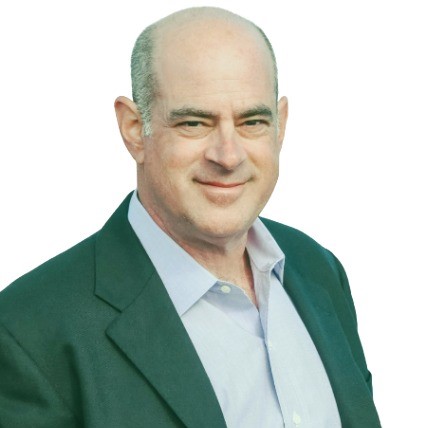Many healthcare B2B solution companies sell like they’re sprinting a 100-meter dash when they should really be running a carefully choreographed 10K, and for huge deals, maybe a marathon.
A hospital CIO downloads a white paper, a clinician likes your LinkedIn post, and your sales rep immediately lunges for the meeting calendar.
But in healthcare—where decision cycles can make glaciers look fast—that “let’s-book-a-call-right-now” move tends to backfire. You’re asking prospects to commit before they’ve even figured out how your solution fits into their system, workflows, IT policies, and security anxieties.
Healthcare B2B company leaders, especially Founders, often make this mistake because they built their initial business on referrals. Referrals, of course, are different.
Someone who’s heard about your solution from a trusted colleague arrives on the call practically ready to sign. They’ve done the research, talked to peers, and maybe even peeked at your outcomes data. You can skip the awkward “so, what exactly do you do?” stage and get right to the fun part— collaborating to co-create a solution.
The problem? Referrals are like rain in Arizona: wonderful when they show up, but not something you can depend on to fill your pipeline.
Leads from inbound and outbound marketing are a beast entirely on their own. Someone clicks an ad about “AI in clinical analytics,” but they’re not sure what that means, who’s buying it, or if their CFO will faint at the price.
Jumping straight to a pitch call here is like proposing marriage on the first date—technically possible, rarely successful.
Instead, healthcare B2B companies should build a buyer’s journey with trust and education baked in: publish thought leadership, share case studies that read like medical dramas (with happy endings), host webinars where customers actually talk to others like them. Let your prospects fall in love with your expertise before you ask for a commitment.
When you treat sales as a guided journey, not a desperate chase, the results are transformative. Prospects show up to meetings already nodding along. Your presentation feels less like a cold pitch and more like a collaboration. You sell with them, not to them, and create a Shared Vision.
When you do book a call, don’t start with a pitch. Ask a simple question: “I know you are really busy, why did you agree to our call today?” Then let them talk, you will be surprised how much you learn.
In short: if your healthcare go-to-market strategy feels like herding cats in lab coats, slow down, build the runway, and invite your buyers on a journey they’ll actually enjoy taking—with you in the driver’s seat.












